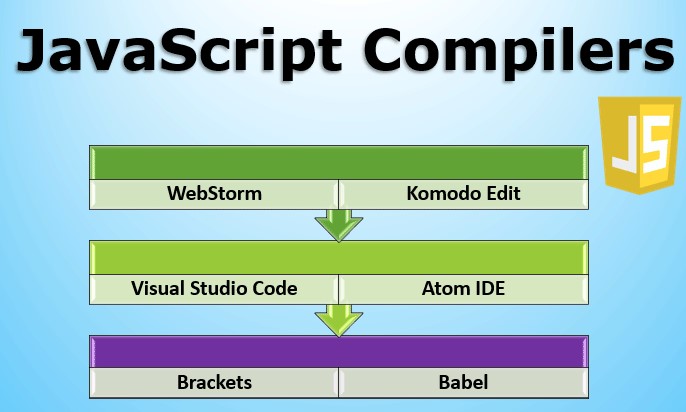In recent years, the field of artificial intelligence (AI) has witnessed remarkable advancements, with one area in particular garnering significant attention—the development of artificial voices through speech synthesis AI. This groundbreaking technology is transforming the way we interact with digital content, from virtual assistants and navigation systems to podcasts and audiobooks. In this blog post, we’ll delve into the future of artificial voices, exploring the implications of speech synthesis AI and its impact on the digital landscape.
Table of Contents
ToggleUnderstanding Speech Synthesis AI
Speech synthesis AI, also known as text-to-speech (TTS), is a branch of AI that focuses on converting written text into spoken words. The technology has come a long way from the robotic and unnatural voices of the past. Modern speech synthesis AI leverages deep learning algorithms, neural networks, and natural language processing to produce human-like voices that are indistinguishable from recordings of real individuals.
Applications Across Industries
- Accessibility and Inclusivity: Speech synthesis AI plays a pivotal role in making digital content more accessible to individuals with visual impairments or reading difficulties. Screen readers equipped with advanced TTS systems enable a seamless browsing experience for those who rely on auditory cues.
- Entertainment and Media: The entertainment industry is embracing speech synthesis AI for various applications. Audiobooks, podcast narration, and even virtual characters in video games now boast realistic and engaging voices generated by AI.
- Virtual Assistants and Smart Devices: Virtual assistants like Siri, Alexa, and Google Assistant have become integral parts of our daily lives. The evolution of speech synthesis AI enhances the naturalness and effectiveness of these virtual interactions, making them more user-friendly and intuitive.
- Language Translation: Speech synthesis AI is breaking down language barriers by providing instant translations with natural-sounding voices. This has profound implications for international communication and collaboration.
The Evolution of Voice Technology
The advancements in speech synthesis AI are closely tied to the evolution of voice technology. As AI systems continue to learn and adapt, we can expect even more realistic and expressive voices. This raises intriguing questions about the ethical considerations surrounding the use of AI-generated voices, especially as they become nearly indistinguishable from human recordings.
FAQs:
- How does speech synthesis AI work? Speech synthesis AI uses deep learning algorithms and neural networks to analyze and mimic patterns in human speech. These models are trained on vast datasets of diverse voices to generate natural-sounding speech.
- Can AI-generated voices replace human voice actors? While AI-generated voices have come a long way, the unique nuances, emotions, and creativity brought by human voice actors remain unmatched. AI is more likely to complement human talent rather than replace it entirely.
- What are the privacy concerns associated with AI-generated voices? As AI becomes more proficient at mimicking voices, concerns about privacy and misuse arise. It’s crucial to establish ethical guidelines and regulations to prevent malicious use of AI-generated voices, such as deepfake applications.
The Impact on Content Creation
Speech synthesis AI is poised to revolutionize content creation, offering new possibilities for filmmakers, content creators, and storytellers. Imagine a world where an AI-generated voice can seamlessly narrate a documentary or bring fictional characters to life with unparalleled realism. As the technology advances, the lines between human and AI-created content will blur, raising intriguing artistic and ethical considerations.
External Links:
- Google Cloud Text-to-Speech
- Amazon Polly – Text-to-Speech Service
- Microsoft Azure Text to Speech
- DeepMind WaveNet
The Road Ahead
As we look to the future, the possibilities for speech synthesis AI seem boundless. The integration of emotion, intonation, and context awareness into AI-generated voices will make interactions even more natural and engaging. Moreover, the potential applications extend beyond entertainment and accessibility, with implications for education, customer service, and beyond.
In conclusion, the future of artificial voices through speech synthesis AI is an exciting frontier that is reshaping the digital landscape. From enhancing accessibility to revolutionizing content creation, the impact of this technology is far-reaching. As we navigate this evolving landscape, it’s essential to remain vigilant about the ethical considerations and potential challenges that may arise. The collaboration between human creativity and AI innovation holds the key to unlocking the full potential of artificial voices in the years to come.












